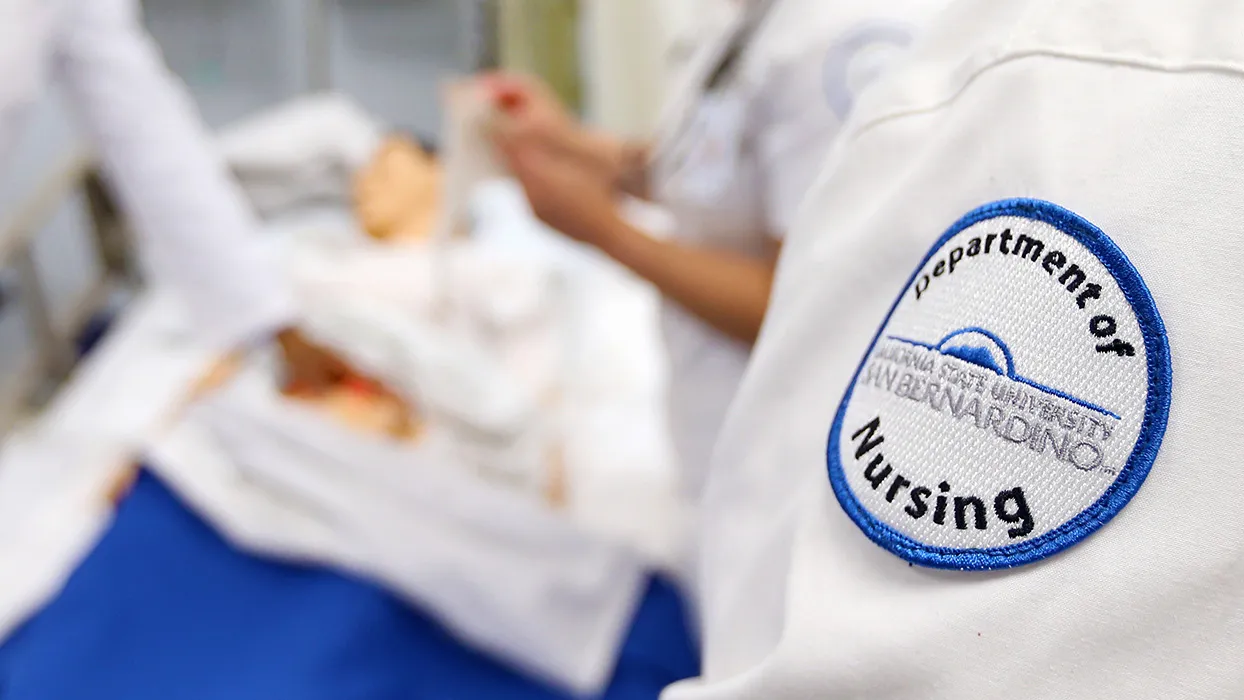Joe Gutierrez Office of Strategic Communication 909-537-5007 joeg@csusb.edu

Mary Anne Schultz, a professor in the Cal State San Bernardino Department of Nursing, has been appointed by Gov. Gavin Newsom to serve on a statewide group of health professionals, scientists and community activists to guide California’s Initiative to Advance Precision Medicine (CIAPM).
Schultz, who is also an informaticist, will serve as the sole registered nurse on the 11-member advisory council, which will support patient-focused research demonstration projects and connect health and medicine stakeholders across the state.
“This is a critical time for the practice of nursing, especially for those of us who prepare undergraduate students for entry into practice,” Schultz said. “The challenge brought to higher education is to translate artificial intelligence (AI) and big data analytics methodologies in health care’s Precision Medicine and Precision Health movements into actionable and understandable nursing knowledge and care strategy. “
Schultz has more than 40 years of nursing experience, including business and clinical intelligence strategy, which is the aggregation, analysis, and use of clinical, financial, operational, and non-traditional data captured inside and out of the healthcare setting to directly inform decision-making. She was chosen in part due to her long-standing affiliation to the California State University system as a nurse educator.
Founded in 2015, the CIAPM goal is to support innovations in health and steward advances to be inclusive, put patients and health improvement at the center of outcomes and strengthen emerging science and technologies.
The CIAMP created the first precision medicine program in the nation and now has a $53 million line-item from the Governor’s Office of Planning and Research. The advisory council will provide high-level guidance to this office on matters relating to this program in the form of recommendation of select scientific investigations, selection of committee members for RFPs and the advancement of expert project evaluators.
Precision medicine, an emerging phenomenon in U. S. health care, is defined by the National Institutes of Health (NIH) as “an emerging approach for disease treatment and prevention that takes into account individual variability in genes, environment and lifestyle for each person.”
This approach allows physicians and nurse practitioners to more effectively gauge precisely which treatment, prevention and pharmaceutical orders are effective and for which groups or subgroup of people.
To that end, very large data bases, known as “Big Data,” are necessary so that researchers and those working in public policy can estimate the impact of lifestyle, biology and environment on health outcomes, factors that are largely under-reported, in fact, under-studied, in traditional medical research.